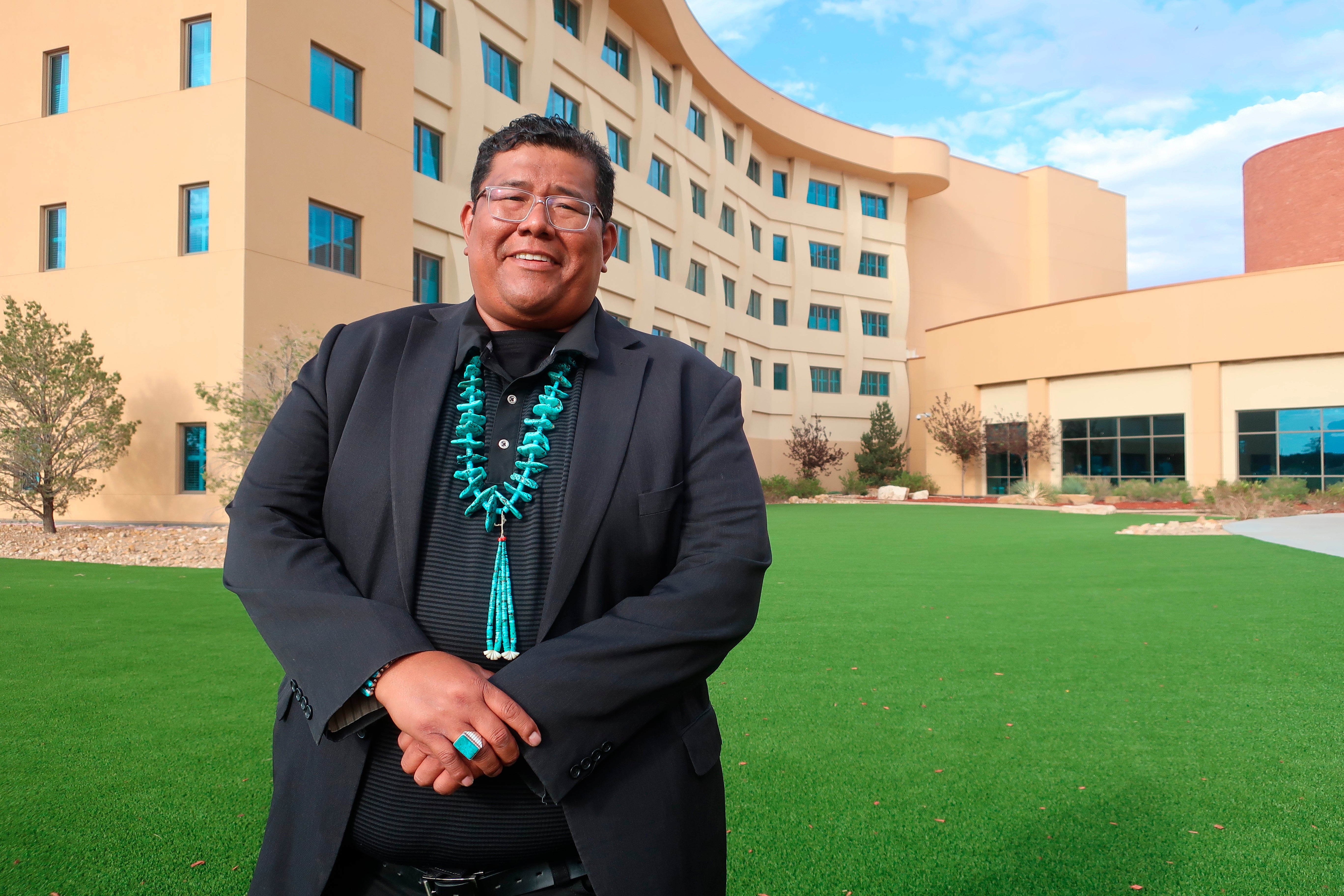Chinese immigrant workers sue over forced labor at illegal marijuana operation on Navajo land
A group of Chinese immigrant workers is suing over forced labor and human trafficking claims that stem from an illegal marijuana growing operation in northwestern New Mexico

Your support helps us to tell the story
From reproductive rights to climate change to Big Tech, The Independent is on the ground when the story is developing. Whether it's investigating the financials of Elon Musk's pro-Trump PAC or producing our latest documentary, 'The A Word', which shines a light on the American women fighting for reproductive rights, we know how important it is to parse out the facts from the messaging.
At such a critical moment in US history, we need reporters on the ground. Your donation allows us to keep sending journalists to speak to both sides of the story.
The Independent is trusted by Americans across the entire political spectrum. And unlike many other quality news outlets, we choose not to lock Americans out of our reporting and analysis with paywalls. We believe quality journalism should be available to everyone, paid for by those who can afford it.
Your support makes all the difference.Chinese immigrant workers allege they were lured to northern New Mexico under false pretenses and forced to work 14 hours a day trimming marijuana on the Navajo Nation where cultivating the plant is illegal, according to a lawsuit filed Wednesday in state court.
Job advertisements for the operation in Shiprock promised $200 per day, housing and food in exchange for “gardening” and “flower cutting.” But when the workers arrived in New Mexico, the complaint says, their phones and car keys were taken away, they were barred from leaving and, in some instances, family members were separated.
In a statement Wednesday, lawyers for the 15 workers said their clients were treated like animals and commended their bravery for coming forward.
“Ending forced labor requires that the perpetrators of forced labor and those who seek to benefit from such schemes face serious consequences," attorney Aaron Halegua said. "We hope that this lawsuit will demonstrate that such abusive practices do not pay.”
The lawsuit names as defendants Navajo businessman Dineh Benally and Irving Lin, a Taiwanese entrepreneur based in Los Angeles. It also names associates of Benally and Lin, as well as businesses linked to the farming operation, which authorities say ballooned to nearly two dozen farms and more than 1,100 greenhouses spread across 400 acres (162 hectares).
At least 19 rooms at a motel in nearby Farmington supported the operation, the complaint alleges. Workers were treated like prisoners at the motel, which was under watch by armed security guards, and like machines while toiling in the fields, according to the complaint.
Farmington police busted the operation in October 2020 after they were called to the motel to investigate a “strong odor” of marijuana. They found 2,000 pounds of marijuana, worth $3 million to $10 million, according to the lawsuit. Workers who were there at the time were arrested, but drug charges later were dropped.
In late 2020, federal, state and tribal authorities also raided the Shiprock-area farms, destroying a quarter-million plants.
The Navajo Nation Department of Justice sued Benally, leading to a court order halting the operation that the lawsuit says Benally and his associates ignored.
Benally didn't respond to phone and emailed requests for comment. David Jordan, who represented Benally in the Navajo case, declined to comment on the lawsuit, although he denied that Benally ignored the tribal judge's order to halt farming.
Lin couldn't immediately be reached for comment Wednesday. It wasn't clear from court records whether he has an attorney who could comment on his behalf, and a lawyer in New Mexico who represented Lin previously wasn't available Wednesday evening.
But in a March 2021 affidavit detailed in the lawsuit, Lin stated there was “no violence and human trafficking" and no “human rights" violated by the farming operation.
The lawsuit filed in Santa Fe seeks a jury trial and unspecified damages.
Benally, a former Navajo Nation presidential candidate who campaigned on growing hemp to boost the economy, is accused in the lawsuit of turning a blind eye to federal and tribal laws that make it illegal to grow marijuana on the reservation. The complaint says he instructed his associates and the workers to refer to the marijuana as “hemp” to avoid law enforcement scrutiny.
The lawsuit claims that Benally and Lin intentionally targeted Chinese immigrants in California who were out of work in 2020 at the height of the coronavirus pandemic.
Philip Francisco, then-chief of police for the Navajo Nation, previously estimated there were 1,000 people working for the operation, mostly foreign workers brought to New Mexico from Los Angeles. Other law enforcement officials estimated the number of workers surpassed 2,000.
Navajo residents described seeing the workers sleeping in the fields and ditches, “shivering through the night,” the lawsuit states. One worker said he slept on the floors of greenhouses and was never paid any of the roughly $12,000 in wages he was promised. Workers did not get adequate rest, or enough food and water throughout the day, according to the lawsuit.
The workers were monitored by cameras and security guards, some of whom were armed, the complaint states. When they sought to leave or just rest, the lawsuit alleges they were forced to continue working.
Photos included in the lawsuit show cannabis plants blanketing the floor of one motel room, with the room's mattress leaning on its side against a wall.
___
Yamat reported from Las Vegas, Nevada. Associated Press journalist Felicia Fonseca in Flagstaff, Arizona, contributed.